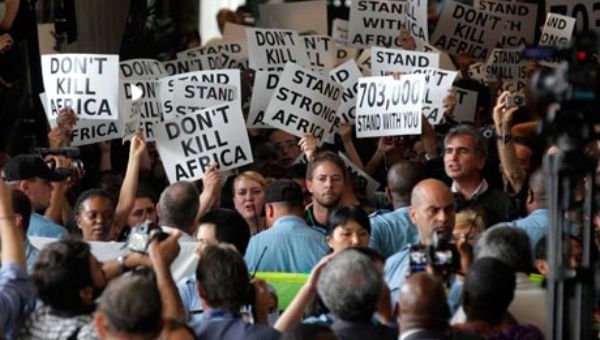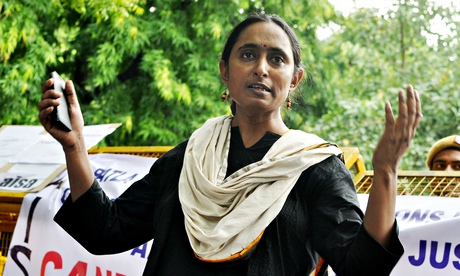India
Climate and collusion: 'The window to halt runaway climate change is closing fast'

Environmental activists attempt
Kavita Krishnan: Re-imagining India

For more on India, click
In Fortaleza, BRICS became co-dependent upon eco-financial imperialism

BRICS leaders in Fortaleza, Brazil.
India: Fearless freedom for women won’t be stopped by the wall of reaction

Protesters from the All India Progressive Women's Association in Delhi, December 22-23, 2012.
India: Scrap Article 377, defend LGBTI/queer rights through mass movements

The Supreme Court verdict that the colonial era Article 377 criminalising alternative sexualities is constitutio
Capitalism, sexual violence and sexism

For more discussion on feminism, click HERE

Floods in Mozambique have worsened.
By Bobby Peek



